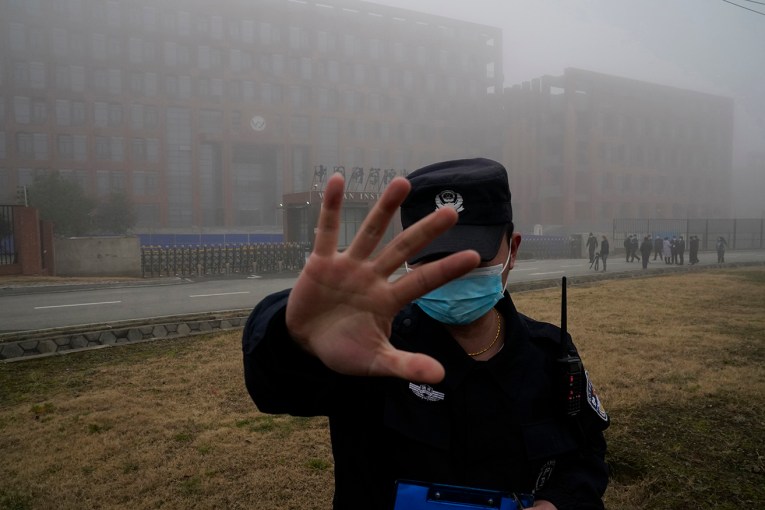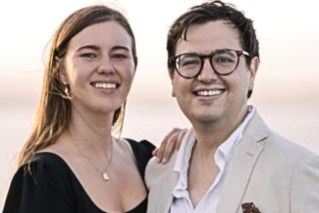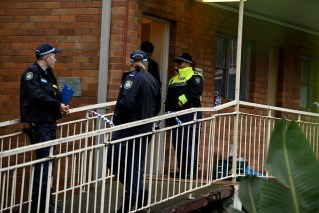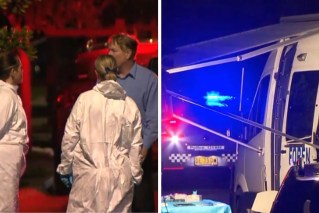Coronavirus lockdown: When can we all go back to life as it used to be?

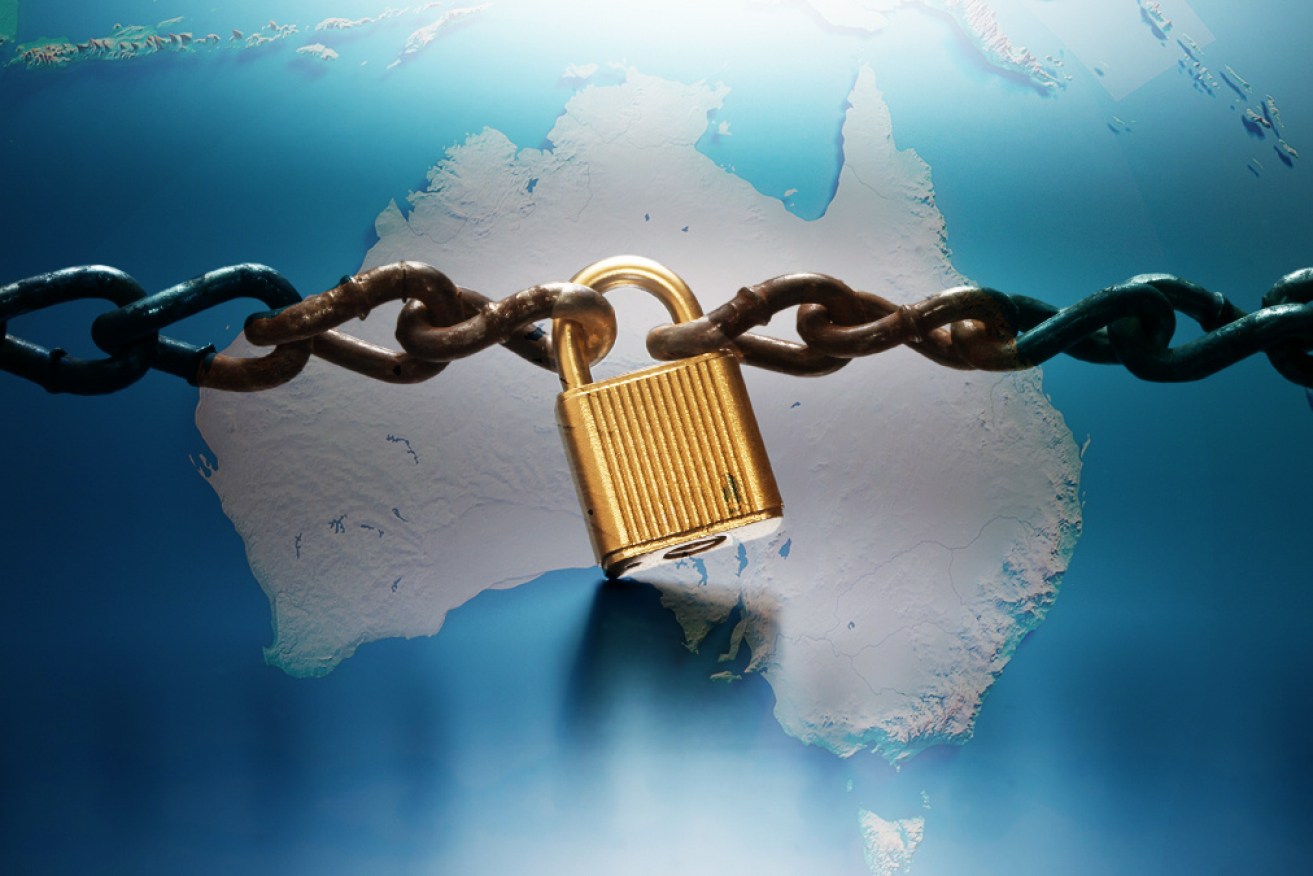
How long will we be in lockdown?
For the past three weeks, Australia has been slowly closing down.
Our sporting fields are empty, pubs are shut and cafes relegated to takeaways.
Almost every day there are massive new restrictions on our lives, on how much we can move around, and who we can see.
The restrictions are necessary to stop the spread of the deadly new coronavirus.
On Friday, Prime Minister Scott Morrison said Australians should get ready for six months of lockdown.
“We are now in a place where we are seeking to put the pressure down on [infections] but that does not exclude us from considering additional measures,” Mr Morrison said.
“It could be longer. We pray it’s shorter. But a six-month period should give people a good indication of what Australians have to prepare for.”
Some modelling shows we will reach a peak in June and others indicate we will need to stay socially distant for 18 months until a vaccine is developed.
So which is it?
Essentially, there is no answer, said Bill Bowtell, a strategic health policy adviser and Adjunct Professor at the University of New South Wales.
“This virus only obeys the laws of physics, chemistry and biology. It does not obey the Prime Minister or the Police Commissioner, or me, or you, or anyone else,” Professor Bowtell, who helped lead Australia’s response to the AIDS crisis, told The New Daily.
“It is absurd to say that any arbitrary deadline created by any officials has any basis in the facts of the problem.
“We ought to have shut down two weeks ago when New Zealand did. The consequence of not doing that is that we are going to drag and drag this thing out.”
He said the pandemic would not be a “three-act play with a happy ending” and that the government’s response means we will be in the throes of the virus for quite some time.
“It was perfectly obvious from January what needed to be done. The governments failed completely to prepare themselves for what was coming,” he said.

Scientists at the CSIRO’s are racing for a coronavirus vaccine. Photo: AAP
“Their failure to stockpile test kits and medical gear, and communicate what was needed to the public. They didn’t shut down travel until February.
“In our failure to act, we let this thing run. That was the policy, that was the approach. The virus isn’t an act of God, it isn’t unprecedented.
“It was precedented. It was really predictable.”
Australians need to understand the only thing they can do now is to try and slow the spread – and brace for change, he said.
“A pompous declaration of a deadline only confuses matters for the public. The only thing we can do is make the job of the virus as hard as possible for as long as possible,” he said.
“This is a new reality. That world two weeks ago is gone.
“How we work, how we travel, how we have sex, how we eat, how we entertain ourselves, how kids are educated, everything. It’s all going to change.”
So how does this play out?
Professor Emeritus Gerry Fitzgerald, a public health expert from the Queensland University of Technology, said we have three options.
“Option A, is we squash domestic transmission,” said Professor Fitzgerald, who was previously Chief Health Officer for Queensland.
“We get it down to a position where cases are just those coming back from overseas, who we have rigid control over and are monitoring closely.
“If we can get to that stage, where for the past five days, all new cases have only been among people coming in from overseas, we might have the confidence to open up domestic things.’’
“Option B is that it keeps puttering around. We get a new cluster breaking here and there.
“You get a cluster breaking and someone from that cluster goes somewhere else and starts a new one. That’s the flatten-the-curve option, where we’re going to have to manage it by keeping the numbers under control so our health system can cope.”
We already know what option C looks like, and we don’t want to go there, he said.
“Option C is that it gets out of control. We’re Italy or America, or Spain or France, where there is sustained and widespread community transmission,” he said.
“In which case, we probably experience several months until we get it back under control. More people will die under this option.”
It won’t be one size fits all
University of Melbourne epidemiologist Kathryn Snow said pinpointing when we will be able to hug a friend again or host a dinner party is impossible.
And we likely won’t have a one-size-fits-all approach for every state and territory.
“It does seem like the federal government is encouraging people to be consistent across the nation, but there’s also a recognition that each state and territory has different needs,” Dr Snow said.
“It will probably be quite different in different places. In Sydney they’re seeing more cases in community transition.

It may not be a one size fits all approach. Photo: AAP
“So the peak in Sydney will probably happen at a different time, and it might be higher. It depends on a lot of different factors.”
The aim of the current game is to try and stop it overloading our health system before a vaccine is developed. A process that could take 18 months.
One thing we can be certain of is that it will not end with a bang, but most likely a whimper, she said.
“It won’t be like throwing a switch and everything is OK all at once,” she said.
“I think they’re worried every measure will be in place for 18 months until we have a vaccine.
“If we aren’t seeing any of those frightening scenarios, and the numbers are looking OK, we will probably see some restrictions start to relax.
“For a while we’ll probably have some measures in place, like travel restrictions, and bans on really large events, but some of the smaller things could be relaxed.
“It’s about monitoring the situation.”

